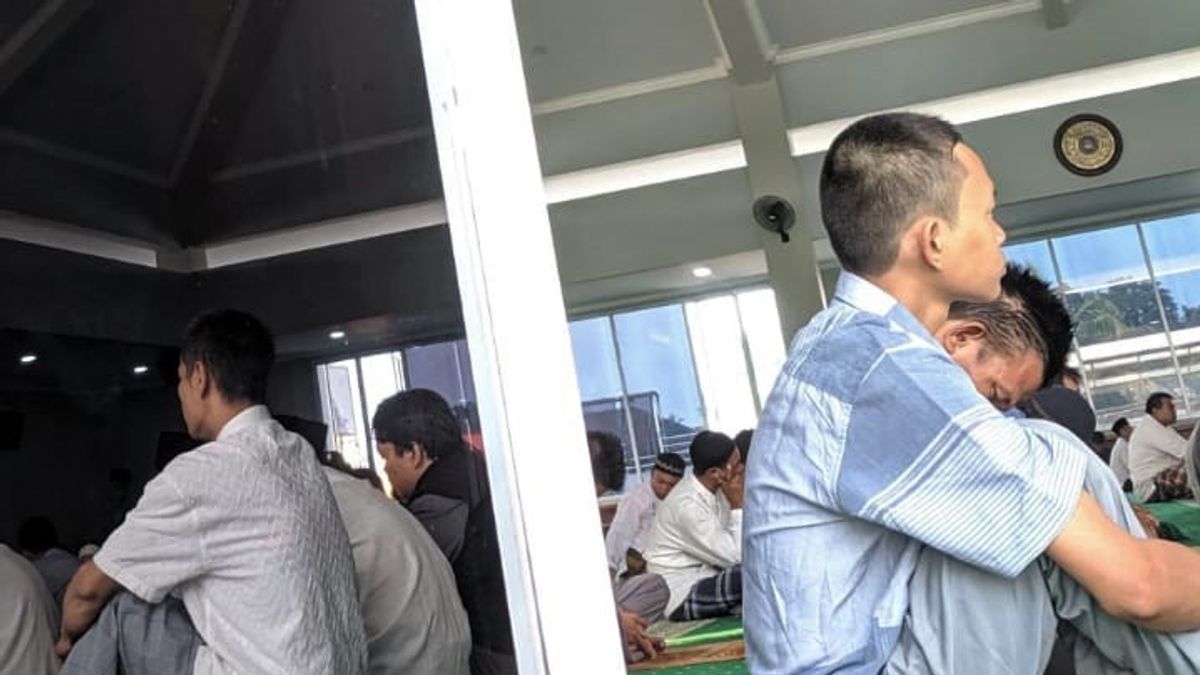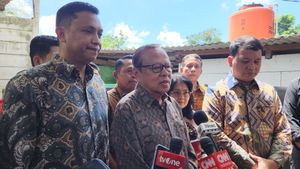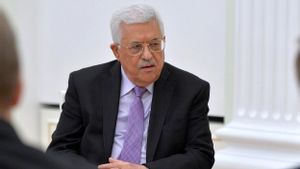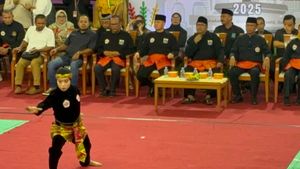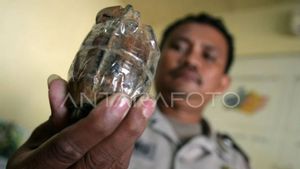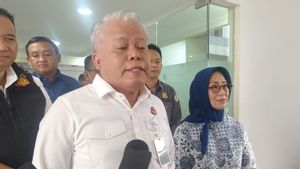JAKARTA - The month of Ramadan, which will take place since April 23, is expected to feel different. There are many typical Ramadan activities that cannot be done. Because, at this time the public is asked to comply with the rules of physical distancing due to the COVID-19 pandemic.
In order for the public to understand what must be done, the Minister of Religion Fachrul Razi issued a circular regarding the Guidelines for Ramadan and Eid 1 Syawal 1441H in the midst of the corona virus outbreak. This circular regulates the implementation of worship in the month of Ramadan, Idul Fitri, and guidelines for collecting and distributing zakat.
"This circular is intended to provide guidance for worship that is in line with Islamic law as well as to prevent, reduce the spread and protect employees and the Muslim community in Indonesia from the risk of Covid-19," said Fachrul in a statement received by VOI, Monday, April 6.
First, Fachrul asked people not to do sahur on the road and break their fast together. This is because these two typical activities in the month of Ramadan are gathering activities. Breaking the fast together, whether carried out in government agencies, private institutions, mosques or prayer rooms is also abolished.
In addition, Tarawih prayers are asked not to be held in the mosque, but to be performed individually or in congregation with the nuclear family at home. Recitation or tadarus Al-Qur'an is done in each house. Not only that, the commemoration of Nuzulul Qur'an in the form of tablighs by presenting a large number of lecturers and masses, both in government agencies, private institutions, mosques and prayer rooms were also eliminated.
People are also asked not to participate in the last ten nights of Ramadan at the mosque or prayer room. "In order not to do a round trip, the activity is sufficient to be carried out at the mosque / musala by using loudspeakers. Then, the Islamic boarding school activities through electronic media," he said.
Meanwhile, the implementation of Eid Al-Fitr prayers which are usually held in congregation, either in mosques or in the field, will be eliminated. "For this reason, it is hoped that the MUI Fatwa will be issued before the due date," said Fachrul.
Then, the activity of gathering or halal bihalal which is commonly held during the temporary Eid al-Fitr can be done through social media and video calls / conferences.

Furthermore, to the zakat management organization, Fachrul asked as much as possible to minimize the collection of zakat through physical contact, face to face and opening outlets in crowded places.
"This has been replaced by socialization of zakat payments through zakat pick-up services and transfer of banking services," he said.
As for the distribution of zakat fitrah, zakat organizations are asked to avoid distributing zakat fitrah to Mustahik by exchanging coupons and holding people gathering. "Distribution can be done by giving directly to Mustahik," he said.
All of the above guidelines can be ignored if at any time the government has declared its territory safe from the COVID-19 pandemic.
The English, Chinese, Japanese, Arabic, and French versions are automatically generated by the AI. So there may still be inaccuracies in translating, please always see Indonesian as our main language. (system supported by DigitalSiber.id)
